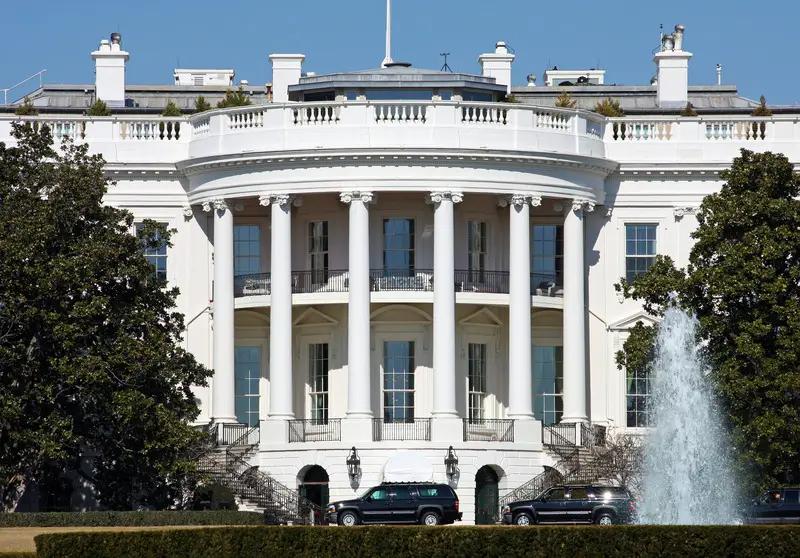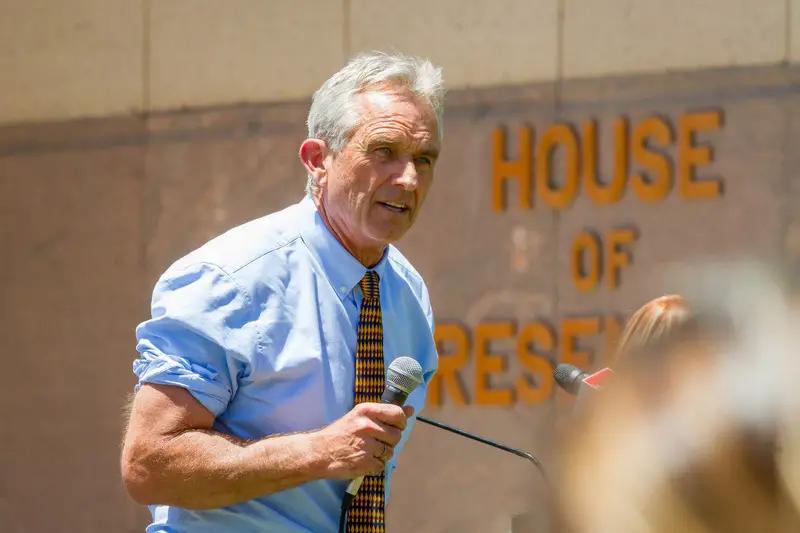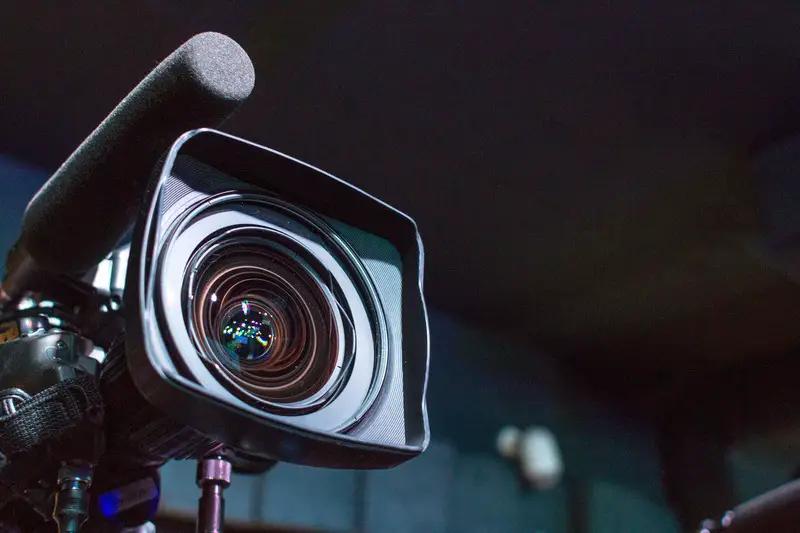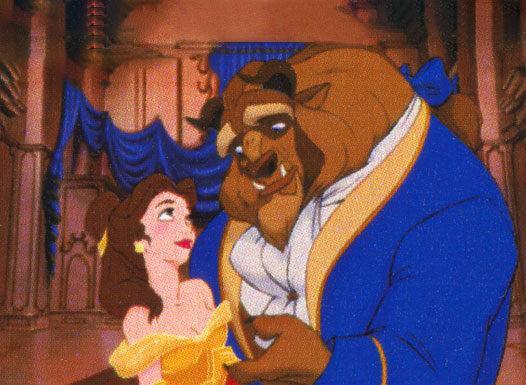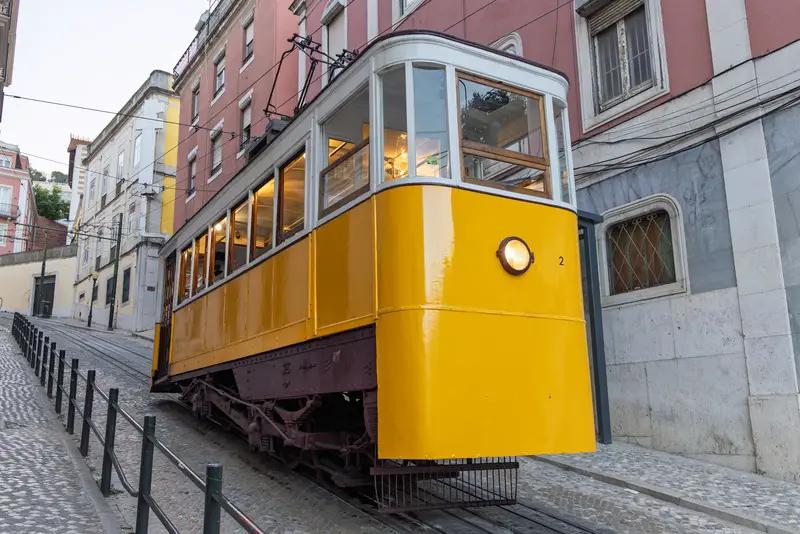Veteran character actor Edward Faulkner, known for his collaborations with John Wayne and Elvis Presley in Western films and television shows, died August 26 at age 93. His daughter Leslie Wadsworth confirmed to The Hollywood Reporter that Faulkner died of natural causes at a healthcare facility in Vista, California.
Born Fielden Edward Faulkner II on February 29, 1932, in Lexington, Kentucky, the actor stood 6-foot-3 and became a familiar face in Hollywood Westerns throughout the 1960s and early 1970s. His father owned a building supply company, while his mother, Ferie June, worked as a music teacher.
Faulkner attended the University of Virginia and the University of Kentucky, where he participated in theatrical productions before graduating in 1954. He served as a fighter pilot with the U.S. Air Force for two years before moving to Los Angeles in 1958 to pursue acting.
His career breakthrough came through director Andrew V. McLaglen, who cast him in his television debut on “Have Gun — Will Travel” for the standard day rate of $80. McLaglen became instrumental in Faulkner’s career, directing him in numerous television westerns and films over the following decade.
Faulkner made his big-screen debut in “G.I. Blues” (1960) alongside Elvis Presley. He later portrayed fitness instructor Brad Bentley in another Presley film, “Tickle Me” (1965).
The actor’s most significant collaborations were with John Wayne, appearing in six films together: “McLintock!” (1963), “The Green Berets” (1968), “Hellfighters” (1968), “The Undefeated” (1969), “Rio Lobo” (1970), and “Chisum” (1970). All but two of these films were directed by McLaglen.
Faulkner developed a close friendship with Wayne that extended beyond their professional relationship. He indicated that they played chess hundreds of times together, and he occasionally allowed Wayne to win their matches. Their friendship was so strong that they once kept a commercial flight waiting at the gate because the captain was reluctant to interrupt their ongoing chess game.
During the filming of “The Undefeated” in Mexico, Wayne spotted Faulkner’s three daughters watching from the sidelines and arranged for wardrobe to include the young girls in the movie. Faulkner actively pursued his role in “The Green Berets” by writing to Wayne suggesting a change from his typical Western roles, noting, “Like yourself, I’ve worn a Stetson long enough.”
On television, Faulkner became a regular presence in popular Western series. He appeared in 13 episodes of “Have Gun — Will Travel” from 1958 to 1962, six episodes of “Gunsmoke” from 1959 to 1972, seven episodes of “Rawhide” from 1959 to 1964, three episodes of “Bonanza” from 1961 to 1966, and 11 episodes of “The Virginian” from 1963 to 1970.
His television credits extended beyond Westerns to include appearances on “Dragnet,” “Lassie,” “Gilligan’s Island,” “Mod Squad,” “The Fugitive,” “It Takes a Thief,” “Cannon,” “Adam-12,” and “The Six Million Dollar Man.”
Additional film credits included “How to Murder Your Wife” (1965), “The Navy vs. the Night Monsters” (1966), “Nobody’s Perfect” (1968), “The Shakiest Gun in the West” (1968), “Hang Your Hat on the Wind” (1969), and “The Man” (1972).
Reflecting on his career in a 2019 interview, Faulkner humorously described his typical roles, stating he “never won a fight” and was “always the bad guy.” Despite often playing antagonists, he was remembered for his amiable personality off-screen.
In 1976, Faulkner took a hiatus from acting to work in the marine transportation industry for approximately 12 years. He worked for a company that leased cargo containers and owned and operated hotels worldwide.
Faulkner married his high school sweetheart Barbara, with whom he starred in plays during their school years and in Thornton Wilder’s “Our Town” in college. Their marriage lasted nearly 60 years until Barbara’s death in May 2013.
He is survived by his daughters Jan, Barbara, and Leslie; his son Edward III; and his grandchildren Tyler, Wyatt, Steven, Olivia, and Brooke. His family noted that Faulkner maintained a lifelong passion for magic, entertaining friends and family with sleight-of-hand performances and illusions throughout his life. Colleagues and loved ones remembered him for his kindness and genuine warmth.

